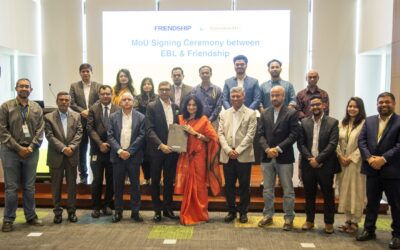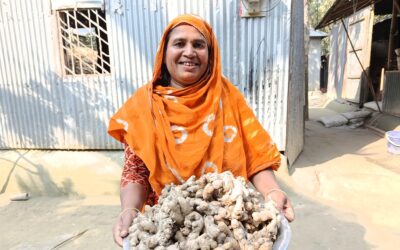We must not let empty boxes and unkept commitments at SB60 discourage us from doing what needs to be done
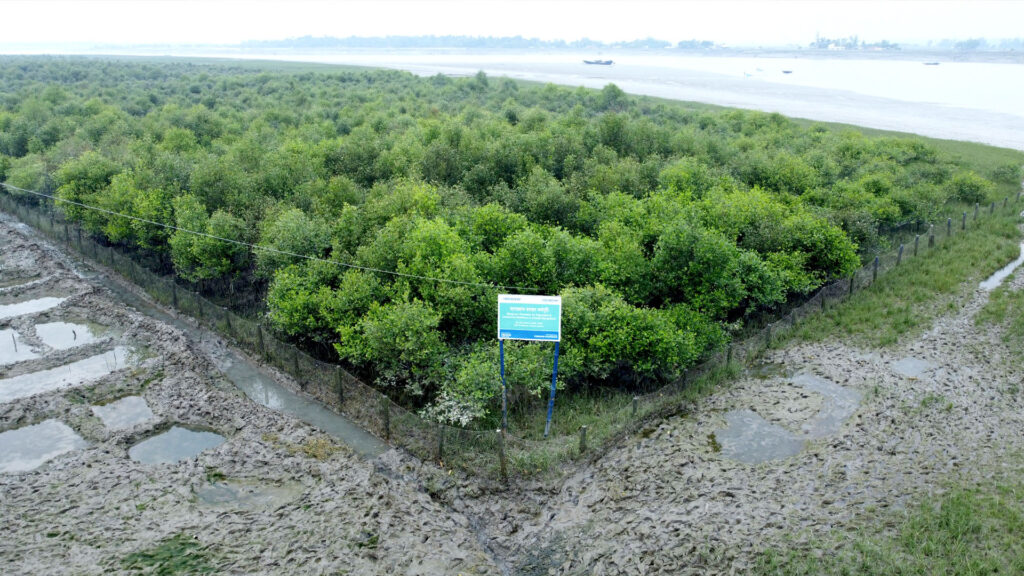
by Kazi Amdadul Hoque,
3 July, 2024
The SB60 as it is called—rather, United Nations Framework Convention on Climate Change (UNFCCC) 2024 Bonn Climate Change Conference, also known as the 60th Sessions of the UN Climate Change Subsidiary Bodies, was a lost opportunity. The result was not befitting of the overly formal-sounding, tedious name.
For about 2 weeks in June, the latest iteration of the subsidiary bodies held a session in Bonn, Germany. 60 sessions in, we know the challenges, the way forward and the plausible solutions. Knowing and doing, however, are two very different things, as it turns out. By now we have all the pros and cons from the Intergovernmental panel on Climate Change (IPCC) to the progress towards landing a solid foundation based on the concerns and commitments from the previous years, but we lack the political impetus to do so. It is self-sabotage of the highest order, and akin to—it must be said—the slow poisoning of civilization. However, there is time yet. Not just before COP29 this year, which SB60 precedes with much of the relevant discussions, but before life as we know it changes forever. However, that time is very short to act together on delivering climate finance commitments, at the scale needed. The time for pondering and indecision is long gone.
The New Collective Quantified Goal (NCQG) on climate finance was a major subject of intense discussion this year at SB60 but also failed to make any real progress or form a solid foundation. The draft negotiating document was produced and was pushed out to COP29 in Azerbaijan later this year. It had a lot of loose ends to still tie, particularly on climate finance and other issues. As the first major gathering after the Global Stocktake (GST) and with big challenges on the journey to both COP 29 and COP 30 in Brazil next year, the interconnectedness of the nature-climate nexus is ever more pressing. In addition to the NCQG) and the GST, the Mitigation Work Program (MWP), the Global Goal on Adaptation, the Just Transition Work Programme and Article 6 of the Paris Agreement were also points of discussion at SB60.
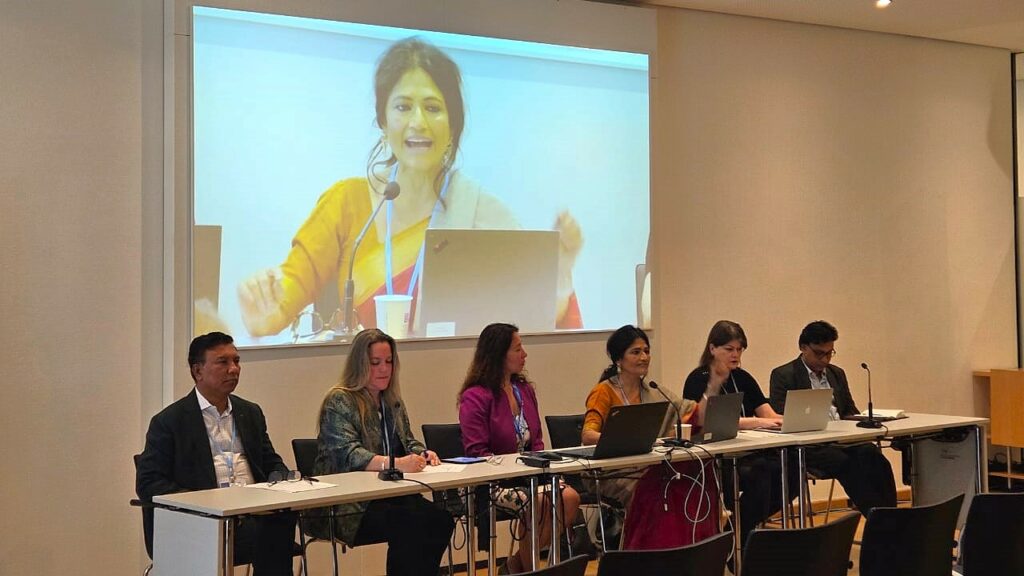
The GST outcome decisions made at COP28, such as the “transition away from fossil fuels” and the need to jointly set high standards for the upcoming round of nationally determined contributions (NDC), which is due early in the following year, to fulfil the Paris Agreement’s 1.5°C target. Once more, hardly any progress has been made on these crucial problems. SB60 ended without any solid outcomes for progressing the issues related to enhancing the linkages between mechanisms to develop and disseminate climate technologies to countries in need, with financial assistance as required.
Clearly, the powers that be are still beating about the bush on what are critical issues. The SB and COP are attended by heads of state, policymakers, academicians, scientists, researchers, politicians and practitioners. Everyone who needs to be there, is there. And yet, every year we come away with an empty box and little by way of action.
The goal of the UAE framework for global climate resilience negotiations is to gauge the extent to which the group’s adaptation efforts are being carried out. However, the negotiations culminated in a compromised text at Bonn, where all mention of implementation strategies was removed.
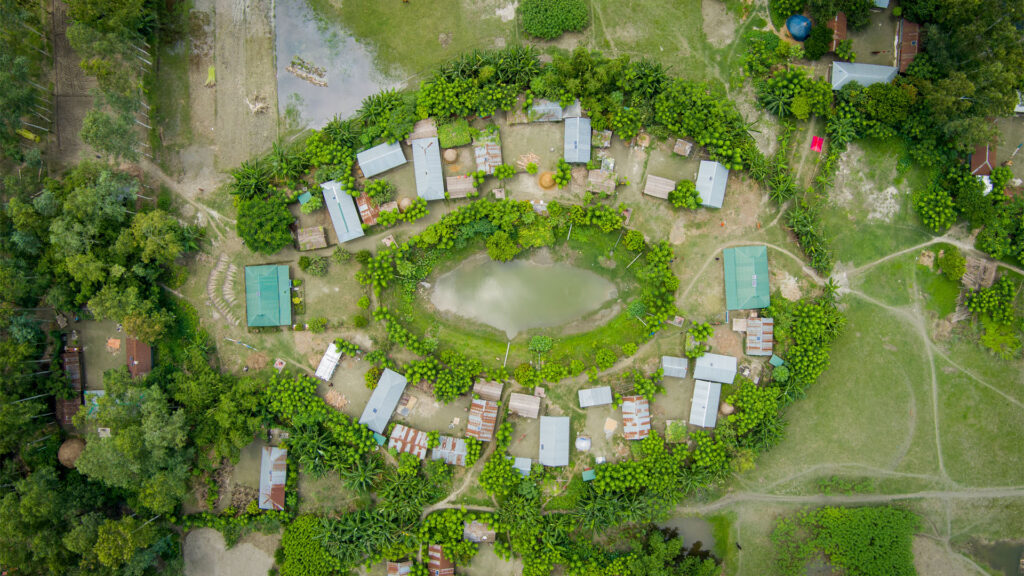
Rich nations would play this game in every negotiation chamber, claiming that the mandate did not cover support or financing. Honestly, isn’t the flow of funding easily quantifiable, along with the all-encompassing measure of how well adaptation actions are in progress? Unfortunately, the non-responsive role of the rich countries in the adaptation room dilutes many references to the principle of the convention to recognise their responsibility. There is no doubt about the need to scale up adaptation finance when nothing less than humanity’s sorrow and non-human life losses are at stake. In fact, some nations are further muddying these commitments by trying to pass off extant aid as their contribution, or by trying to include developing countries that are the ones suffering the brunt of climate change effects despite having a relatively small carbon footprint. Financing cannot be coming from those countries that are the biggest victims of climate change—both from an ethical standpoint and a practical one. These countries are often so affected by loss and damage that their economies literally cannot be expected to come up with the financing—which would in any case effectively be paying to not suffer.
As such, these GST reports must be transparent to work towards a sustainable, equitable solution for all. Instead, some developed countries have started to actually invest in fossil fuels. They are actively seeking to increase their use of fossil fuels, even in the face of imminent, irreversible climate change effects, with political motivations and outright denial outweighing a sense of self-preservation. Indeed, they are supposed to decrease the use of fossil fuels by 43% by 2030, and 60% by 2035, but they have decided—in their infinite wisdom—to go in the opposite direction.
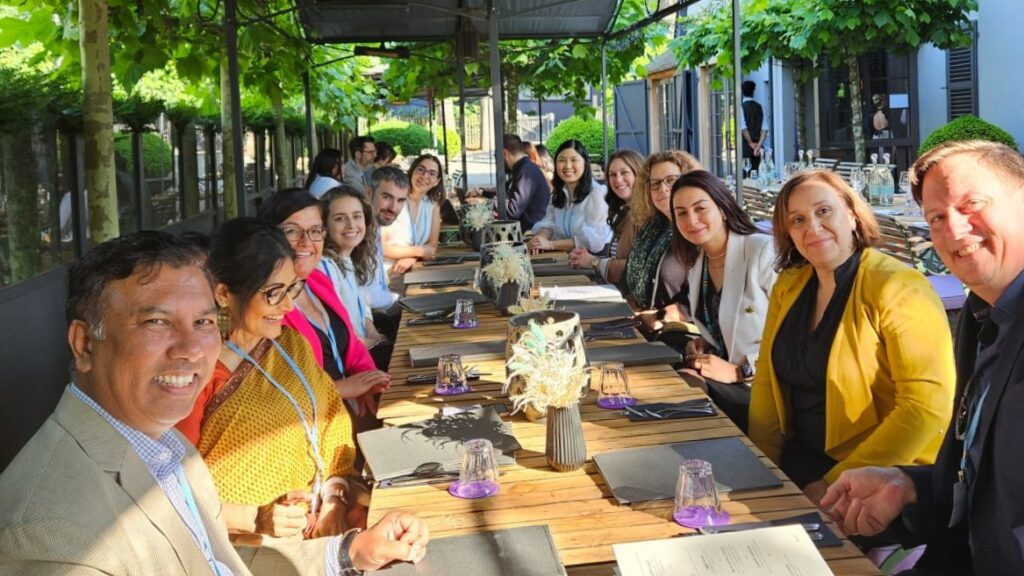
Loss and damage had been a focal point of discussions this year at SB60, particularly the metrics to accurately determine economic and non-economic losses, and how the subsequent funding should be managed. The efficacy of current and proposed models was questioned, particularly with the view to include local perspectives in these calculations. Many civil societies for example are already doing L&D funding at a local level in different formats, and these should be reviewed to be scaled up—as Friendship’s interventions are designed to be—to an international level. The stages of loss and damage and its management efficiency with contextual adjustment remain a concern among participating civil society organisations, academia, and practitioners.
The gap between academia and politicians/policymakers is, therefore, one of the major hurdles that we have to overcome. Real issues are being jeopardised, unaddressed, in favour of short-term economic gain or political agendas. We must also ensure that, while bridging this gap related to climate change, we also lay a foundation of respect, ethics and equity. Afterall, this is a discussion between human beings, and we must treat each other as such. We must also consider the youth with more importance than before—both because they will be the ones dealing with the consequences of our actions and decisions, but also because their own involvement is crucial to fighting climate change. They have not, however, been sufficiently armed with the tools to do so.
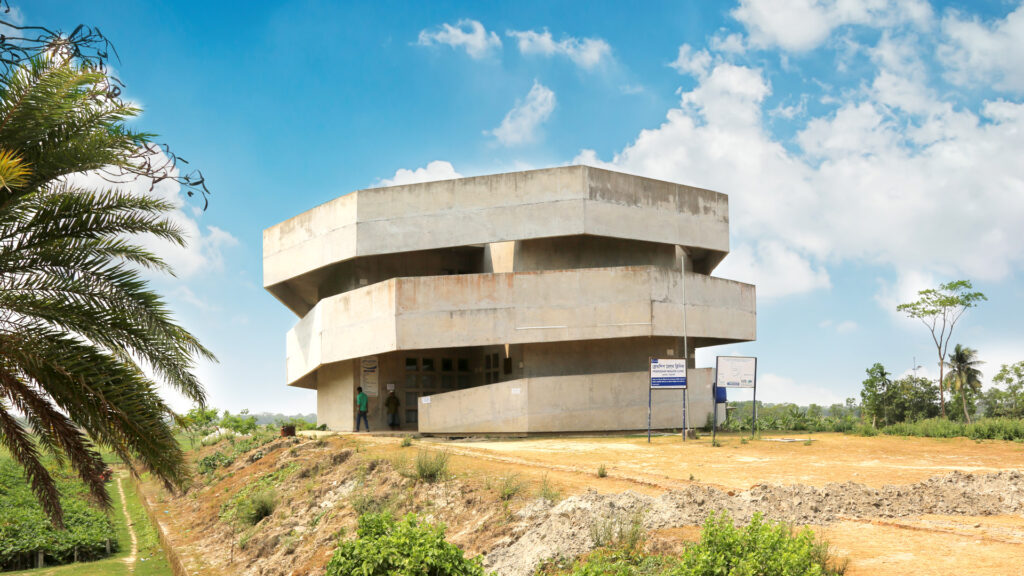
Modest steps were taken for the integration of food systems into climate action as the “Sharm el-Sheikh joint work on implementation of climate action on agriculture and food security” (SSJWA) – which brings issues related to agriculture and food security under the UNFCCC to the level of implementation, and so finally agreed on a work plan. Parties were able to progress several issues in Article 6.2 and 6.4 decision texts of the Paris Agreement, including the parameters for authorisation processes, in preparation for the adoption of the decision texts at COP29.
Many of Friendship’s interventions were brought up in the climate meet-up breakout discussions, and while I am glad that we are getting recognition for our efforts, we are not alone in this. If I have not yet made it clear, we are all in this together, and we must work together if we are to get through this. While I—and of course Friendship feel validated that we had the opportunity to attend, and were well received—we must make sure that none of this is in vain.
And with that, I will say that I have hope. Hope, dignity and opportunity are after all core to Friendship’s ethos, and so I know that with the right mindset and determination, we can get this done, no matter how dark the future may seem.

